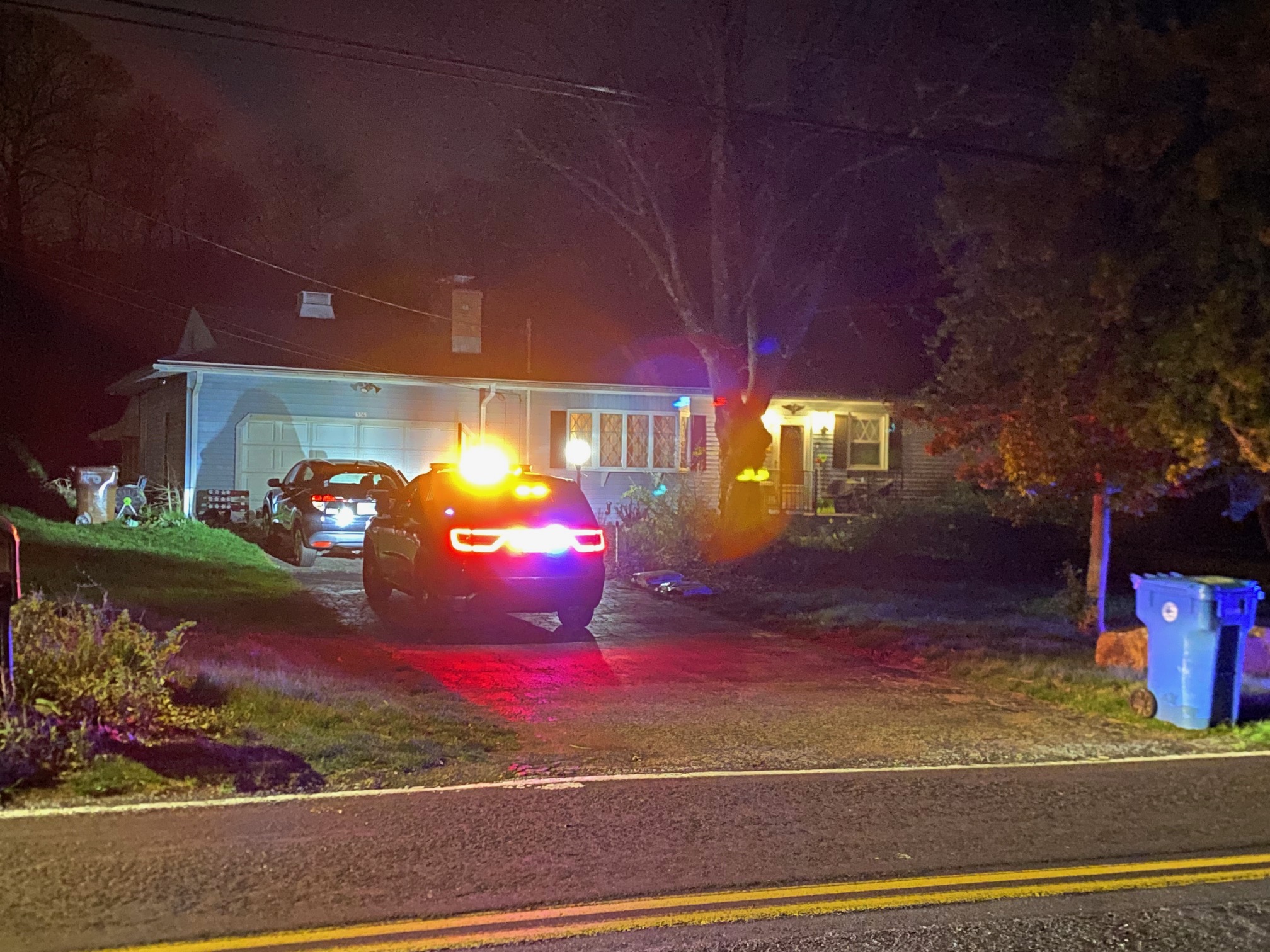What to Know
- In 2017, the state received reports of around 6,500 bear sightings from 131 of the 169 towns.
- If a bear appears to be aggressive toward people, immediately call the DEEP’s 24-hour dispatch line at 860-424-3333.
- Every bear receives a tag in each ear the first time DEEP handles it and they said most tagged bears have not been caught as problem bears.
Bear activity increases in early spring and the state Department of Energy and Environmental Protection is urging residents to take steps to reduce encounters and potential conflicts with black bears.
In 2017, the state received reports of around 6,500 bear sightings from 131 of the 169 towns in Connecticut.
"We're probably receiving approximately 50 per week at this point," Paul Rego, the DEEP wildlife biologist, said.
State officials are warning residents of towns in western Connecticut that they should expect a regular presence of bears as they are now part of the environment.
[HAR] Moose, Bears, Turtles and Other Connecticut Wildlife
“If you genuinely care about bears, you should never feed them – either intentionally or unintentionally,” Susan Whalen, DEEP’s deputy commissioner, said in a statement. “Bears become habituated, losing their fear of humans, when attracted to homes by easily-accessible food sources. Such bears spend more time in neighborhoods and near people, increasing public safety fears, and the likelihood that the bears may be hit and killed by cars or meet with some other misfortune.”
Local
DEEP offers the following tips:
- Never feed bears.
- Take down, clean and put away birdfeeders by late March, or even earlier during mild weather. Store the feeders until late fall. Clean up spilled seed from the ground.
- Store garbage in secure, airtight containers inside a garage or storage area. Adding ammonia to cans and bags will reduce odors that attract bears. Periodically clean garbage cans with ammonia to reduce residual odor. Garbage for pickup should be put outside the morning of collection and not the night before.
- Protect beehives, livestock and berry bushes from bears with electric fencing.
- Supervise dogs at all times when outside. Keep dogs on a leash when walking and hiking. A roaming dog might be perceived as a threat to a bear or its cubs.
- Do not leave pet food outdoors.
- Keep barbecue grills clean. Store grills inside a garage or shed.
- Avoid placing meat scraps or sweet foods in compost piles.
If you see a bear:
- If you encounter a bear while hiking, make your presence known by yelling or making other loud noises.
- Never attempt to get closer to a bear to take a photo or video.
- If a bear does not retreat, slowly leave the area and find an alternate hiking route.
- If the bear persistently approaches, make loud noises, wave your arms and throw sticks or rocks, according to the DEEP. Never run.
While camping:
- Keep a clean campsite and make sure food and garbage are inaccessible.
- Keep food in a cooler stored in the trunk of a car and never have food in your tent.
Reporting bears:
- If a bear appears to be aggressive toward people, immediately call the DEEP’s 24-hour dispatch line at 860-424-3333.
- Anyone who sees a black bear in Connecticut is encouraged to report the sighting on the DEEP’s website or call the Wildlife Division at 860-424-3011.
About the tags:
Every bear receives a tag in each ear the first time DEEP handles it and they said most tagged bears have not been caught as problem bears, but rather as part of a project researching the state’s population.



